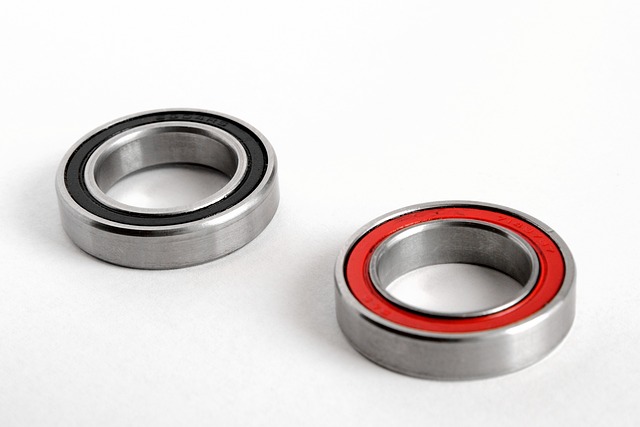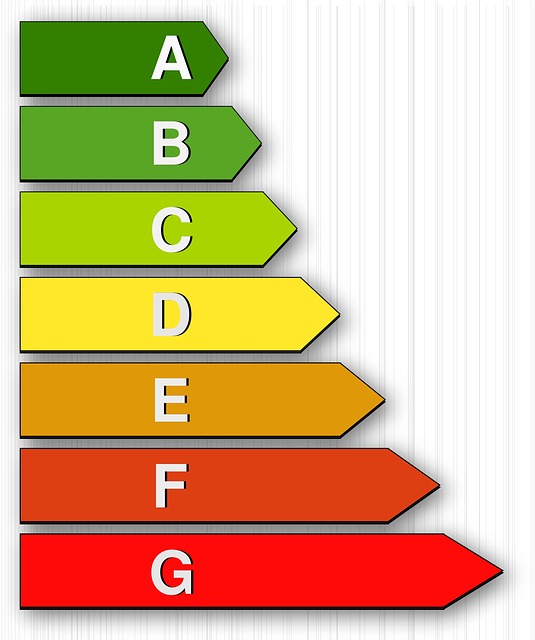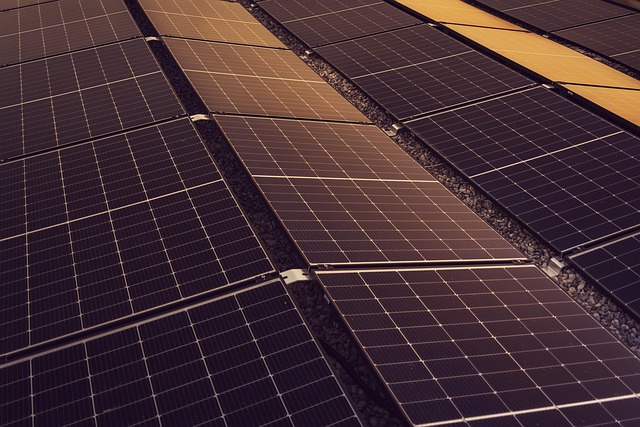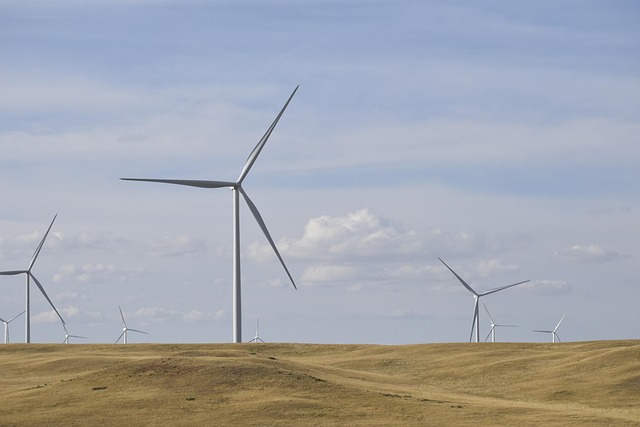Energy-efficient commercial HVAC systems in Albany are crucial for reducing operational costs and carbon footprints. Advanced technologies like high-efficiency filters and ductless mini splits optimize performance, improve indoor air quality, and enhance occupant comfort. Strategic energy audits, smart thermostats, zoning, and low carbon cooling options significantly decrease energy consumption and waste. Upgrading to eco-friendly HVAC units aligns with global sustainability goals, fostering a more sustainable future through intelligent building automation in Albany's commercial spaces.
In today’s environmentally conscious business landscape, cutting energy usage is not just an economic strategy but a responsible one. This article explores how businesses in Albany are revolutionizing their operations through energy-efficient commercial HVAC (heating, ventilation, and air conditioning) systems. We’ll delve into the benefits of smart thermostats and zoning, and highlight the significant impact of these upgrades on reducing energy consumption and costs.
- Understanding Energy Efficient HVAC Systems in Commercial Spaces
- Strategies for Reducing Energy Usage Through Smart Thermostats and Zoning
- The Impact of Upgrading to Energy-Efficient Commercial HVAC in Albany
Understanding Energy Efficient HVAC Systems in Commercial Spaces

In today’s eco-conscious business landscape, energy-efficient HVAC (Heating, Ventilation, and Air Conditioning) systems are no longer a luxury but a necessity for commercial spaces in Albany. These advanced technologies play a pivotal role in reducing energy consumption and operational costs for businesses while also contributing to a greener environment. By adopting high-efficiency air filters and innovative solutions like ductless mini split systems, commercial buildings can significantly cut their carbon footprint.
An energy audit and subsequent HVAC upgrades are proven strategies for Albany businesses to optimize performance. High-efficiency air filters trap more contaminants, ensuring better indoor air quality and reducing the strain on HVAC units. Ductless mini split systems, on the other hand, offer precise temperature control, making them ideal for diverse commercial spaces. These green initiatives not only promote sustainability but also enhance the overall comfort and productivity of building occupants.
Strategies for Reducing Energy Usage Through Smart Thermostats and Zoning

Businesses in Albany looking to reduce their energy usage, particularly in heating, ventilation, and air conditioning (HVAC), can turn to smart thermostats and zoning as powerful tools. Smart thermostats allow for precise temperature control by learning a building’s occupation patterns, automatically adjusting settings to save energy when spaces are unoccupied. This technology is crucial in commercial buildings, where energy-intensive HVAC systems often operate at peak capacity even when not needed everywhere.
Complementing smart thermostats, zoning involves dividing a building into distinct zones based on occupancy and temperature requirements. This strategy ensures that only the areas occupied by personnel or requiring specific climate conditions are heated or cooled, eliminating energy waste from unneeded areas. Together with commercial energy management solutions and low carbon commercial cooling options, these practices can significantly reduce energy consumption and associated costs in Albany’s buildings, contributing to a more sustainable future through smart building automation.
The Impact of Upgrading to Energy-Efficient Commercial HVAC in Albany
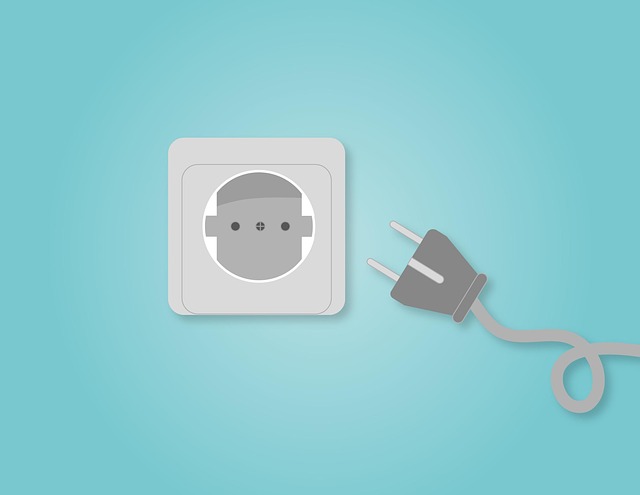
Upgrading to energy-efficient commercial HVAC systems in Albany offers significant benefits for businesses and the environment alike. By adopting smart building automation technologies, local companies can reduce their carbon footprint and lower operational costs simultaneously. The transition to highly rated eco-friendly HVAC units is a step towards more sustainable practices, aligning with global sustainability goals.
In the context of Albany’s vibrant business landscape, green building HVAC design has become a priority. Efficient systems not only decrease energy consumption but also improve indoor air quality, enhancing employee comfort and productivity. With smart automation, buildings can be programmed to adjust settings based on occupancy, ensuring optimal resource utilization. This approach is especially beneficial for larger commercial spaces, where energy wastage is often prevalent.
In light of the above discussions, it’s clear that implementing energy-efficient commercial HVAC systems in Albany is not just a sustainable choice but also a strategic business decision. By understanding advanced technologies like smart thermostats and zoning, businesses can significantly reduce energy usage, lower operating costs, and contribute to a greener environment. Upgrading to these efficient systems provides tangible benefits, setting the standard for responsible and cost-conscious commercial operations in Albany and beyond.





